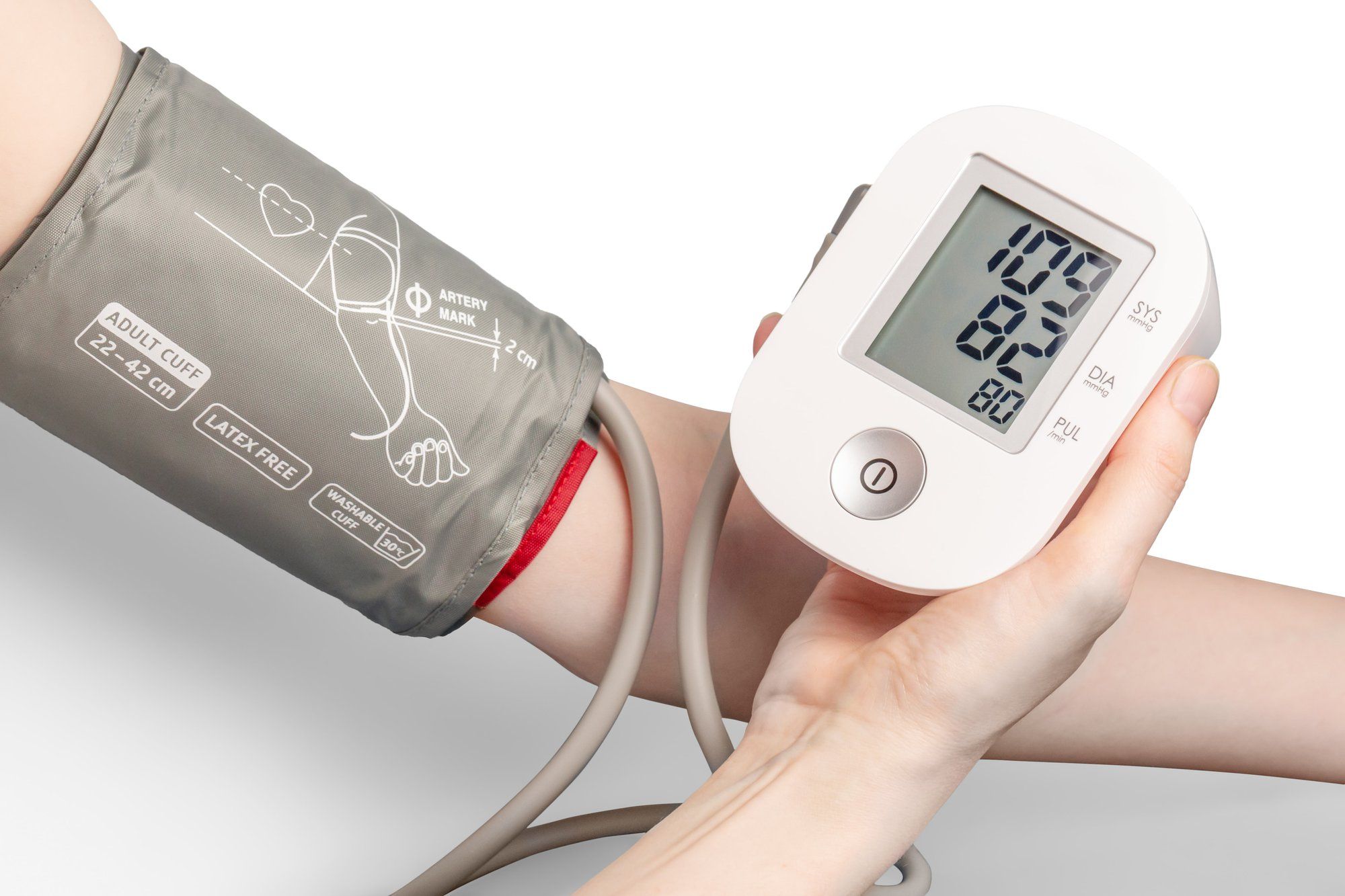Sir Bruce Keogh has a clear message: the UK Medical Devices Regulation needs urgent reform. On the 19th of August 2021, the former Medical Director of the UK’s National Health Service presented the conclusions of a report of the Regulatory Horizons Council (RHC).
The RHC describes the report as a "timely call to action" for the UK to address how it can foster investment and innovation in medical devices while both increasing safety and charting a path forward after Brexit. The Report is placed against a backdrop of events that, according to the RHC, represent unique challenges for the life sciences industry to address, including:
- Brexit and the fact the EU has adopted new medical device regulations, whereas UK regulations are two decades old;
- The Independent Medicines and Medical Devices Safety Review, published last year by Baroness Cumberlege that contained significant criticism of the existing regulatory regime; and
- The power at the government’s disposal to introduce secondary legislation under the Medicines and Medical Devices Act 2021.
The RHC is a non-governmental organization, and its recommendations do not represent UK government policy. However, Kwasi Kwarteng, the Secretary of State for Business, Energy and Industrial Strategy (BEIS), has praised the report, calling it "very relevant and topical." The findings of the report will have an impact on the government's intentions to alter medical device rules. Anyone who works in the medical device industry and is responsible for risk management or insurance is encouraged to study the Report.
These are three of the recommendations made in the report:
- Centre the regulation of medical devices on the needs of patients
- Build international partnerships through mutual recognition of other jurisdictions’ regulations
- Develop a UK patient safety database

1. Centre the regulation of medical devices on the needs of patients
Before products are put on the market, the RHC is pressing for patient representation on expert panels. Existing patient consultation activities should also be expanded, according to the report. When seeking regulatory approval, manufacturers would have to reconsider how they present the balance of risks and benefits to patients. They'd also need to get better input from patients in clinical trials.
While these steps may raise prices, they may also make devices more resistant to product liability lawsuits when patients experience side effects. Before a product is released, the tough topic of how much risk is acceptable will have been discussed with patients. When the court evaluates whether or not a product is defective, this information will be useful. Furthermore, patient groups may demand improved risk explanations or additional safety precautions, resulting in goods that are safer and less likely to be sued.
2. Build international partnerships through mutual recognition of other jurisdictions’ regulations
What was Brexit for? That is the one component of medical device regulation that is most likely to become a political hot potato. The Prime Minister emphasized that Brexit was about sovereignty and the UK regaining control of its laws in the run-up to the conclusion of the "Brexit Deal" (the Trade and Cooperation Agreement of December 2020).
Because UK firms will have to comply with EU standards to sell products there, the bio sciences industry has been skeptical that there will be much of a "sovereignty dividend" from Brexit. Similarly, European manufacturers will be more willing to invest in the UK if the UK adopts standards that are broadly similar to their own. The RHC acknowledges this, stating that “international initiatives to strengthen regulatory collaboration and decrease potential trade barriers” are needed. By recognizing this problem, the Report echoes the concerns raised by industry and regulators, alluding to a clear caution to the government not to stray too far from international standards.
Patient safety is also a consideration. The government should consider adopting the patient safety provisions in the EU's new Medical Device Regulation 2017/745, according to Baroness Cumberlege's report.
The report indicates that future UK laws will be largely equivalent to EU requirements.
3. Develop a UK patient safety database
The Medicines and Healthcare Products Regulatory Agency (MHRA) and the National Health Service (NHS) both maintain data programs, according to the RHC. It proposes a unified reporting mechanism for adverse events, which would be stored in an MHRA database. If this comes to fulfilment, it will help to address Baroness Cumberlege's concern that regulators and manufacturers have taken too long to notice trends when a product is underperforming.
This approach will be welcomed by manufacturers and their insurers. Better data could lead to better systems, allowing manufacturers to provide clinicians with more timely advise or potentially recall items early.
Conclusion
Since February, the Medicines and Medical Devices Act 2021 has been on the books, giving the government the authority to create a new medical device regulatory framework. The business community is waiting to see what the government will do next.
The report adds to the pressure on the government, which has been exerted by Baroness Cumberlege and others, to develop a framework that encourages innovation while also paying more attention to patient safety without departing too far from EU laws.
Source: RHC Report on Medical Devices published on 19 August 2021
UK Medical Devices Regulatory Needs Reform
